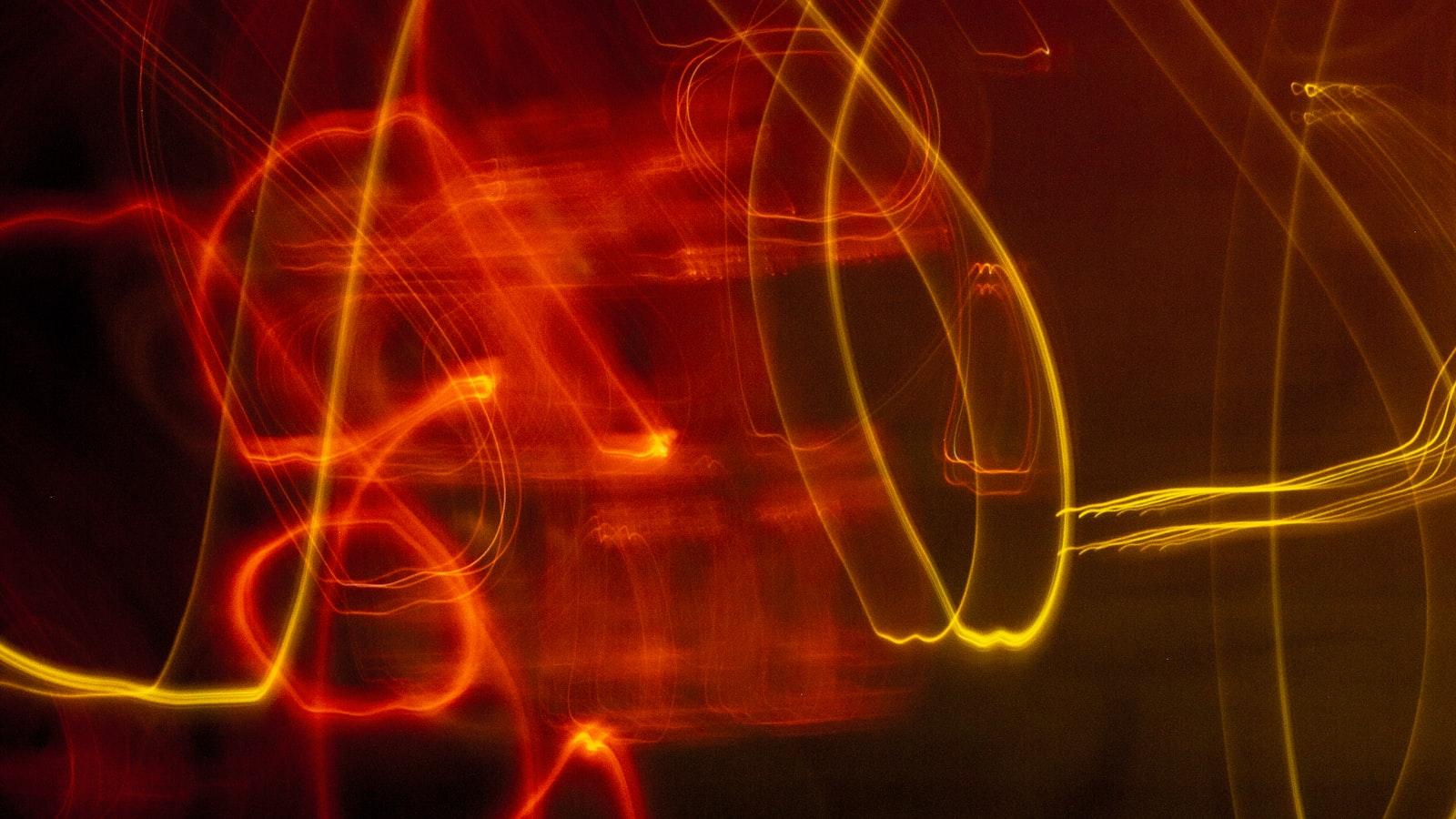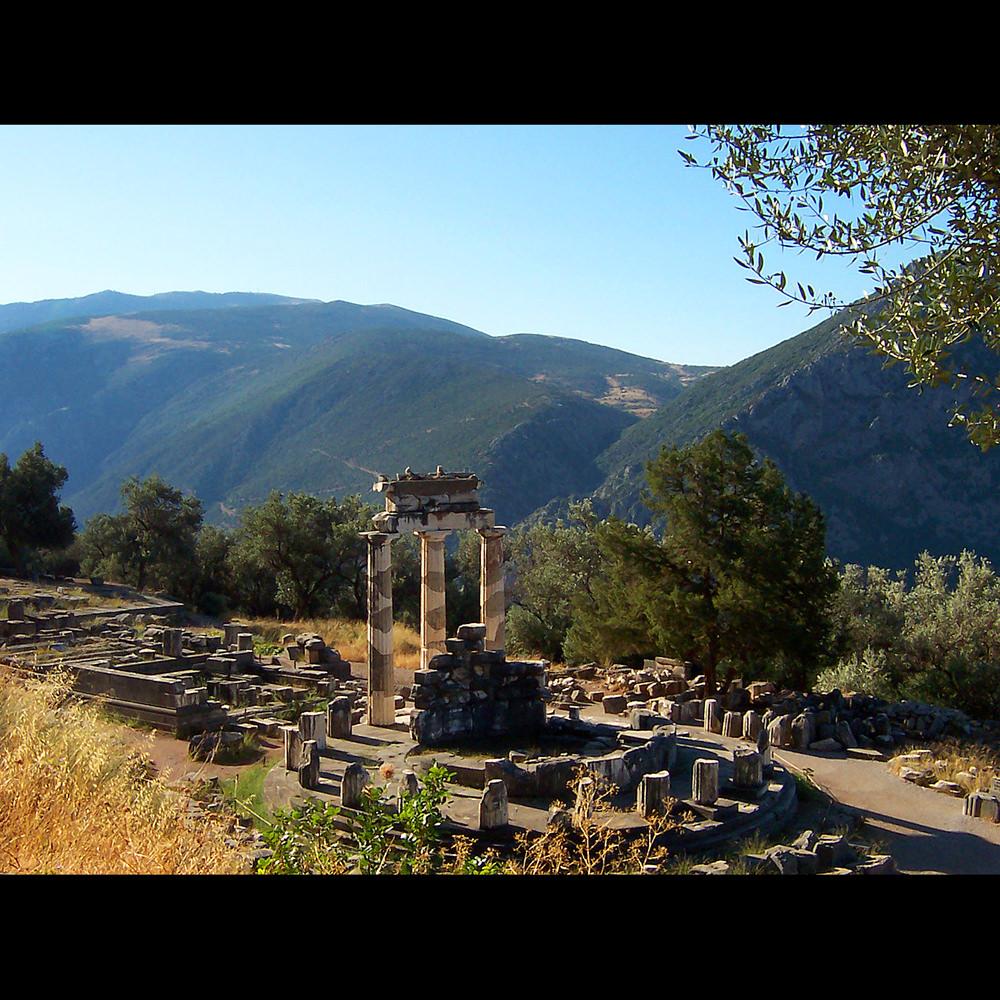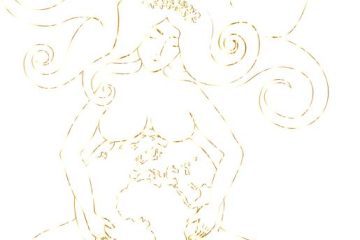In the hallowed halls of Harvard, nestled amidst the bustling academic fervor, a theory as profound as the whispers of nature itself finds its audience: the Gaia Hypothesis. Join us as we embark on a journey into the realms of ecological interconnectedness and cosmic balance, exploring the enigmatic harmony proposed by this groundbreaking concept. Let’s delve into the depths of this captivating theory and unravel the intricate tapestry of Gaia’s embrace at Harvard University.
Table of Contents
- Unveiling the Gaia Hypothesis: A Harvard Perspective
- Exploring the Scientific Foundations of the Gaia Hypothesis at Harvard
- Examining the Impact of the Gaia Hypothesis on Environmental Studies at Harvard
- Recommendations for Integrating Gaia Hypothesis Principles into Research and Education at Harvard
- Q&A
- Key Takeaways
Unveiling the Gaia Hypothesis: A Harvard Perspective
The Gaia Hypothesis, a captivating theory that views Earth as a self-regulating organism, has long fueled debates among scientists and scholars alike. Harvard University, renowned for its groundbreaking research, offers a unique perspective on this intriguing concept. At Harvard, experts delve deep into the intricacies of the Gaia Hypothesis, exploring its implications for our understanding of the planet we call home.
Harvard scholars approach the Gaia Hypothesis with a blend of curiosity and scientific rigor, shedding light on how interconnected systems on Earth interact to maintain a delicate balance. Through interdisciplinary studies and cutting-edge research, Harvard researchers at the forefront of Gaia theory unravel the mysteries of our planet’s complex ecosystems. This holistic approach not only deepens our appreciation for the interconnectedness of life on Earth but also underscores the importance of preserving this delicate balance for future generations.

Exploring the Scientific Foundations of the Gaia Hypothesis at Harvard
At Harvard University, a deep dive into the Gaia Hypothesis is uncovering fascinating insights into the interconnectedness of the Earth’s systems. By exploring the scientific foundations of this visionary concept, researchers are shedding light on the intricate web of relationships that sustain life on our planet.
Through a series of research projects and cross-disciplinary collaborations, scholars at Harvard are delving into how the Earth and its living organisms interact to form a complex, self-regulating system. This exploration not only deepens our understanding of ecological dynamics but also holds promises for sustainable practices that can help us better preserve our planet for future generations.

Examining the Impact of the Gaia Hypothesis on Environmental Studies at Harvard
The Gaia Hypothesis, proposed by scientist James Lovelock, has sparked intriguing discussions within the academic realm of environmental studies at Harvard University. This hypothesis suggests that the Earth functions as a self-regulating system, operating in a way that <a href="https://gaianation.net/gaia-hypothesis-james-lovelock-pdf/" title="gaia hypothesis james lovelock pdf”>maintains conditions suitable for life. At Harvard, researchers and students alike delve into the implications of this theory on our understanding of ecological processes and the interconnectedness of all living organisms.
By embracing the Gaia Hypothesis, Harvard’s environmental studies program explores the concept of Earth as a living organism, with ecosystems acting collectively to sustain life. This perspective encourages scholars to question traditional views of nature as solely a collection of individual entities, and instead, to consider the planet as a dynamic, interconnected whole. At Harvard, the Gaia Hypothesis serves as a foundation for innovative research projects and fosters a holistic approach to studying and preserving the environment for future generations.

Recommendations for Integrating Gaia Hypothesis Principles into Research and Education at Harvard
Integration Suggestions:
When incorporating the principles of the Gaia Hypothesis into research and education at Harvard, it is essential to emphasize interdisciplinary collaboration. Encourage scientists, educators, and researchers from various fields to come together to explore the interconnectedness of Earth’s systems and how they impact our understanding of the planet. By fostering collaboration between different departments and disciplines, Harvard can create a holistic approach that aligns with the central tenets of the Gaia Hypothesis.
Implementation Strategies:
To effectively integrate Gaia Hypothesis principles, Harvard can establish dedicated courses or workshops that focus on systems thinking and sustainability. These educational programs can provide students and scholars with a profound understanding of how all components of the Earth interact and influence one another. Additionally, creating research grants or projects that specifically address Gaia Hypothesis topics can incentivize faculty and students to conduct groundbreaking research that aligns with the principles of this ecological theory.
Q&A
Q: What is the Gaia Hypothesis and why is it significant?
A: The Gaia Hypothesis, proposed by scientist James Lovelock in the 1970s, suggests that the Earth functions as a self-regulating organism. This theory views the planet as a complex system where living organisms and their inorganic surroundings co-evolve to maintain conditions suitable for life. It highlights the interconnectedness of all life forms and their role in maintaining the planet’s stability.
Q: How does the Gaia Hypothesis relate to Harvard University’s research?
A: Harvard University has played a significant role in furthering the research on the Gaia Hypothesis through various interdisciplinary studies. Researchers at Harvard have explored the interconnectedness of ecosystems, climate patterns, and biodiversity to understand how Earth functions as a dynamic and self-regulating system.
Q: What evidence supports the Gaia Hypothesis?
A: Evidence supporting the Gaia Hypothesis includes observations of how living organisms have influenced the Earth’s atmosphere, temperature, and chemical composition over geological time scales. Studies on feedback mechanisms between life forms and the environment also provide insights into the interconnected nature of ecosystems, affirming the underlying principles of the Gaia Hypothesis.
Q: How does the Gaia Hypothesis influence environmental conservation efforts?
A: The Gaia Hypothesis underscores the importance of preserving biodiversity and maintaining ecological balance to ensure the planet’s overall health and sustainability. This perspective encourages a holistic approach to environmental conservation, recognizing the intricate relationships between different species and their environments in shaping Earth’s ecosystems.
Q: Are there any criticisms of the Gaia Hypothesis?
A: While the Gaia Hypothesis has garnered support for its innovative perspective on Earth as a self-regulating system, some critics argue that the theory may oversimplify the complexities of ecological interactions. Questions have been raised about the extent of organisms’ influence on the planet’s overall processes and the limits of Gaia’s self-regulating mechanisms.
Key Takeaways
As we conclude our exploration of the Gaia Hypothesis at Harvard, it is evident that the interconnectedness between living organisms and the Earth is a captivating subject that continues to intrigue both scholars and environmentalists alike. The Gaia Hypothesis serves as a reminder of the delicate balance and symbiotic relationship between all facets of our planet. This theory not only challenges conventional scientific thinking but also urges us to reconsider our role in preserving the intricate web of life on Earth. Whether you are a student, a researcher, or simply curious about the wonders of our world, delving into the Gaia Hypothesis at Harvard opens up a world of possibilities for further exploration and understanding. Embrace the insights gained from this fascinating theory and let it guide us towards a more harmonious existence with our planet.



0 Comments